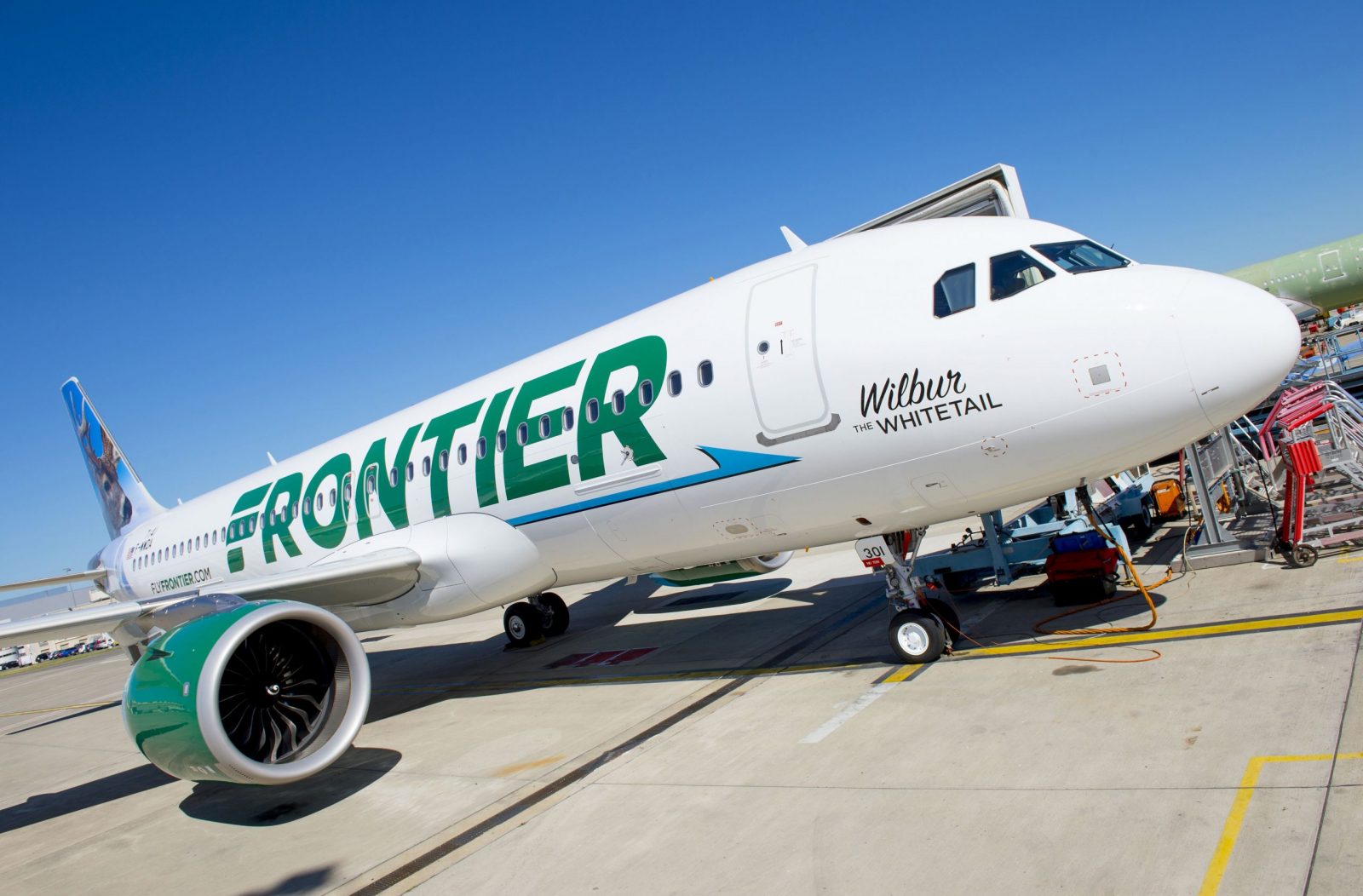
Frontier Airlines has told prospective new-hire pilots that they will be made to pay the carrier nearly $60,000 if they quit within the first two years of being hired.
The new ‘Training Cost Repayment Agreement’ will come into effect from May 1, 2024, and, as the name suggests, is designed to offset the cost that is borne by Frontier to train a new pilot.
The Denver-based budget carrier currently estimates that the cost to train a new pilot is $59,190, and crew who end up leaving the airline within the first two years will have to pay back a pro-rated amount of that training cost.
In a memo sent to interested pilots, the airline said: “As you can imagine, the time/cost invested in each of our new pilots is significant and it is our goal for our pilots to stay at Frontier for the long term”.
“To help retain our new hire pilots and leverage our investment in them, we will be asking for a 2-year commitment by means of a Training Cost Repayment Agreement”.
“Pilots who voluntarily separate their employment before two-years from their date of hire will be expected to repay a pro-rated portion of the training costs invested in them, currently calculated at $59,100”.
Frontier Airlines has recently embarked on a new business strategy that primarily relies on an out-and-back model, whereby airplanes and their crew return to their home base each night.
The airline says this model, long popular amongst European low-cost carriers, provides more efficient flying schedules and gives crew more days off resulting in a “better quality of life”.
“It also allows for greater operational reliability, especially during IRROPS (irregular operations),” the memo continued.
The flight attendant at Frontier has, however, rejected the out-and-back model, arguing that it is having a detrimental effect on how much crew members earn and that flight attendants end up spending more of their own money on hotel accommodation and commuting costs.
The Association of Flight Attendants (AFA-CWA) says that the vast majority of Frontier’s crew members don’t actually live close to their home base, and many commute more than 90 miles, either by air or car.
This means that many flight attendants actually rely on multi-day trips, which they spend each night in a different city at Frontier’s expense.
The union has demanded Frontier enter into negotiations to rewrite the flight attendant contract based on the fact that the existing agreement simply isn’t designed for Frontier’s new business model.
Related
Mateusz Maszczynski honed his skills as an international flight attendant at the most prominent airline in the Middle East and has been flying ever since... most recently for a well known European airline. Matt is passionate about the aviation industry and has become an expert in passenger experience and human-centric stories. Always keeping an ear close to the ground, Matt's industry insights, analysis and news coverage is frequently relied upon by some of the biggest names in journalism.







